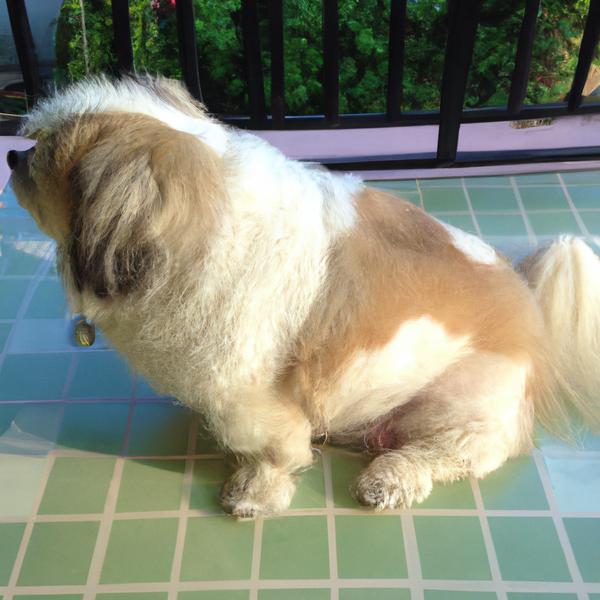Cheeks vs. Chesador: Breed Differences and Similarities
Hypoallergenic
Are Cheekss or Chesadors hypoallergenic, or neither?
Unfortunately, neither Cheeks nor Chesador are hypoallergenic, which may not make them the best choice for dog lovers who suffer from pet allergies.
Temperament
What are the personalities of Cheeks and Chesador dogs?
Stubborn
Alert
Courageous
Intelligent
Affectionate
Quick
Devoted
Lively
Aggressive
Good-natured
Opinionated
Playful
Loving
Happy
Energetic
Protective
Alert
Intelligent
Friendly
Responsive
Affectionate
Dominant
Loyal
Gentle
Going
Social
Cheerful
Quiet
Shedding Level
Do Cheekss shed more than Chesadors, or which breed sheds more, Cheekss or Chesadors?
Cheekss are low shedding dogs, requiring minimal coat care.
Chesadors are moderate shedders, but regular brushing can reduce shedding and maintain coat health.
Watchdog Ability
Which dog breed makes a better watchdog, the Cheeks or Chesador?
Avoid Cheekss as watchdogs - they're not effective.
Chesadors make excellent watchdogs - they're vocal and protective of their territory.
Ancestry
What are the origins of Cheeks and Chesador breeds?
Pekingese, Chihuahua
Labrador Retriever, Chesapeake Bay Retriever
Breed recognition
Which kennel clubs recognize/register Cheeks and Chesador?
ACHC = American Canine Hybrid Club
DBR = Designer Breed Registry
DDKC = Designer Dogs Kennel Club
DRA = Dog Registry of America, Inc.
IDCR = International Designer Canine Registry®
ACHC = American Canine Hybrid Club
DDKC = Designer Dogs Kennel Club
DRA = Dog Registry of America, Inc.
IDCR = International Designer Canine Registry®
Date of Birth
When were Cheeks and Chesador breeds first developed?
Unknown
Litter Size
What is the usual litter size for Cheeks and Chesador?
A Cheeks can have a litter of 2-4 puppies on average. However, it's worth noting that the size of the litters can vary greatly. Factors that can influence litter size include the health of the mother, breeding history, and genetics.
A Chesador can have a litter of 5-10 puppies on average. However, it's worth noting that the size of the litters can vary greatly. Factors that can influence litter size include the health of the mother, breeding history, and genetics.
Adaptability
Cheekss are highly adaptable and versatile, making them excellent companions for families and individuals of all lifestyles.
Chesadors are known for their adaptability and can adjust well to different environments and lifestyle changes.
Health Issues
Between Cheeks and Chesador, which breed is more prone to health problems?
Cheekss typically have low vet costs due to their good health, but it's important to monitor their health and seek vet care when necessary.
While the Chesador breed is generally healthy, occasional vet check-ups are still necessary to address any health concerns.
Major Concerns
What are the major health concerns for Cheeks and Chesador breeds?
Patellar Luxation
Hydrocephalus
Mitral Valve Disease
Entropion
Ectropion
Elbow Dysplasia
Retinal Dysplasia
Hip Dysplasia
Minor Concerns
What minor health issues should be kept in mind when owning Cheeks and Chesador?
Skin Problems
Eye Problems
Heart Problems
Cataracts
Ataxia
Occasional Tests
What occasional tests are recommended for Cheeks and Chesador breeds?
Knee
Heart
X-Rays
Physical Examination
Eye
Hip
Elbow
X-Rays
MRI
Eye Examination
Energy
How do the energy levels of Cheekss and Chesadors compare?
Cheekss have low energy levels, ideal for a relaxed lifestyle.
Chesadors' high energy levels make them unsuitable for a low-key dog, choose accordingly.
Social Needs
Cheeks vs Chesador social needs comparison
Cheeks and Chesador have above average social needs compared to other breeds. They thrive in environments where they have a lot of interaction with humans and other dogs.
Exercise Needed
Cheeks vs Chesador exercise need comparison.
Cheekss require minimal physical activity for a healthy lifestyle.
Chesadors require significant physical activity and suit those with an active lifestyle.
Sleeping Need
Which of the two sleeps the most/least: Cheeks or Chesador?
Cheekss are known for their relaxed and calm nature and enjoy long periods of sleep.
Chesadors are active and require sufficient sleep to stay healthy.
Tendency to Bark
Do Cheekss or Chesadors bark more/less frequently?
The Cheeks is a vocal breed that frequently barks and howls, and may not be suitable for those seeking a quiet companion.
Chesador dogs are generally less vocal than other breeds and only bark when necessary, such as to alert their owner or communicate.
Mouthiness
Mouthiness Comparison: Cheeks vs Chesador?
Roaming urge
Cheeks vs Labrador: Running away tendency?
Prey Drive
Cheeks or Chesador - which breed has a higher level of prey drive?
Past times
What are some enjoyable activities and ways to keep Cheeks and Chesador entertained?
Love to cuddle, Running, Walking, Relaxing
Playing fetch, Rope toys, Sprinklers, Swimming, Fetch, Runs, Walks, Tug-of-war, Hiking, Walk, Swim, Play, Running, Hike, Play fetch, Dog Parks, Dog puzzles, Run, Road trip, Fish
Tolerance of being left alone
Grooming
Which breed is easier to maintain in terms of grooming, Cheekss or Chesadors?
The Cheeks requires an average amount of grooming compared to other breeds.
The Chesador has low grooming needs and is easy to maintain.
Intelligence
Comparing Intelligence: Cheekss vs Chesadors
Cheeks is an independent and stubborn breed with low obedience intelligence, making training a test of patience.
Chesador is highly intelligent and very trainable.
Sensitivity Level
How do Cheeks and Chesador compare in sensitivity?
These breeds are more sensitive than others and easily overwhelmed by new surroundings and people. Cheeks and Chesador need gentle handling and a calm, stable home environment with positive reinforcement training.
Affection Dependance
Which is the more affectionate dog breed: Cheeks vs Chesador?
Apartment Friendly
Which breed is more apartment-friendly: Cheeks or Chesador?
Cheekss make excellent apartment dogs, being fairly active indoors and not requiring a yard.
Chesadors can do well in apartments with enough exercise and time outside, but a small yard would be ideal.
Child Friendly
Do Cheekss or Chesadors have a friendlier temperament towards children?
Cheekss are not suitable for children.
Chesadors make excellent family pets for kids due to their gentle, protective nature and calm temperament.
Senior-friendly
Which dog is more suitable as a pet for the elderly - Cheeks or Chesador?
Cat Friendly
Do Cheeks or Chesador breeds have a better compatibility with cats?
Cheekss are very friendly with cats and make great companions for them.
Chesadors are good with cats, but early training is needed to prevent chasing behavior.
Dog Friendly
Which breed is more sociable with other dogs: Cheeks or Chesador?
Cheekss are average in their friendliness towards other dogs, and socialization can help.
Chesadors are friendly and active companions, and can be good family pets, though their friendliness towards other dogs may vary.
Pet friendly
How do Cheeks or Chesador dogs interact with other pets?
Stranger Friendly
Which breed is more friendly with strangers: Cheeks or Chesador?
Cheekss are averagely friendly around strangers but benefit from early socialisation.
Chesadors are friendly but may bark at strangers, and training is easy due to their intelligence.
Playfulness
Which breed is more playful between Cheeks and Chesador?
Cheekss are not known for being a highly playful breed.
Chesadors are very playful, so adopting an older one might be a better option for a more relaxed experience.
Trainability
How do the trainability levels of Cheekss and Chesadors compare?
Cheeks and Chesador dogs are known for their ease of training and ability to learn quickly, making them a popular choice for pet owners and trainers alike.
Compare Cheeks with other breeds
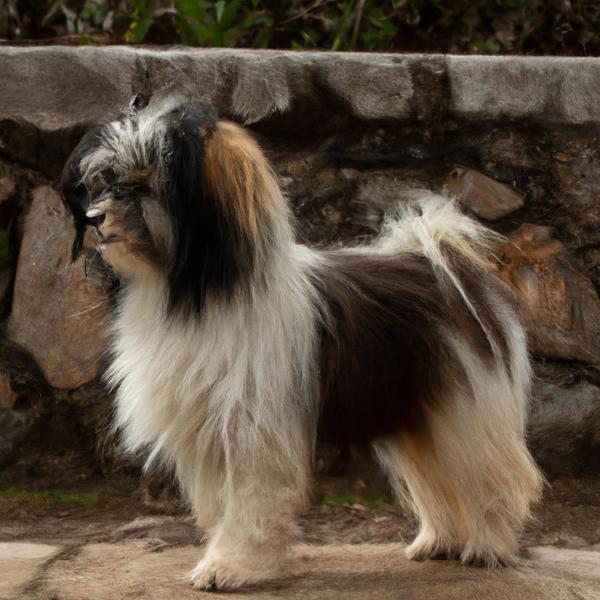
Tibepillon Terrier
Cheeks vs Tibepillon Terrier
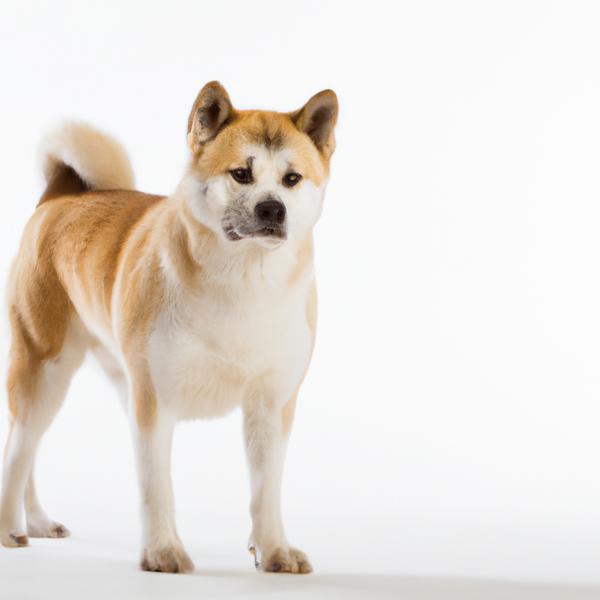
Sco-Shi
Cheeks vs Sco-Shi
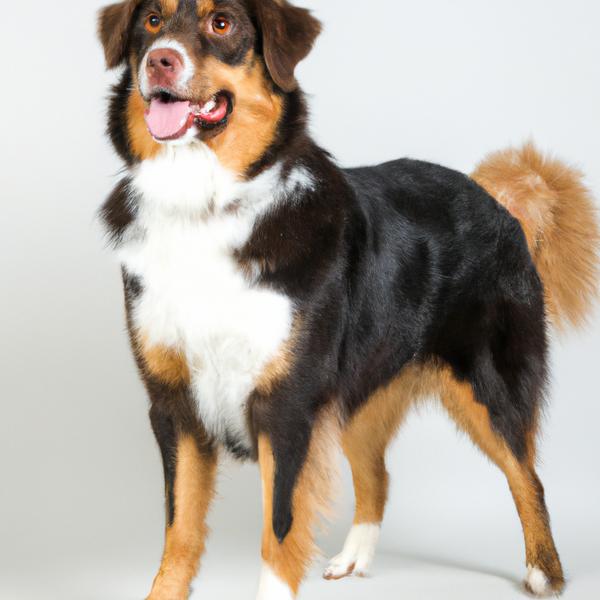
Aussiedor
Cheeks vs Aussiedor
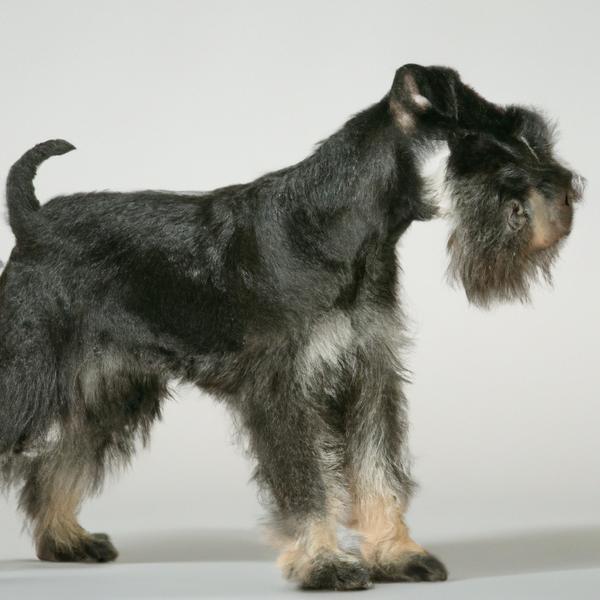
Miniature Irish Wolf Schnauzer
Cheeks vs Miniature Irish Wolf Schnauzer

Dunker
Cheeks vs Dunker
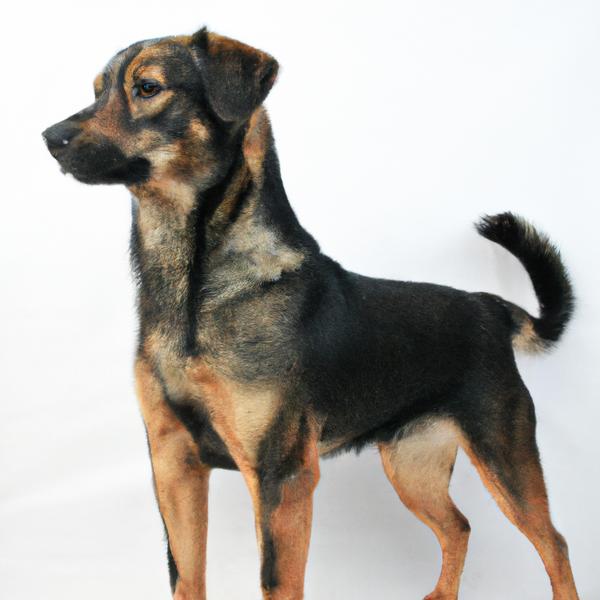
Chesador
Cheeks vs Chesador
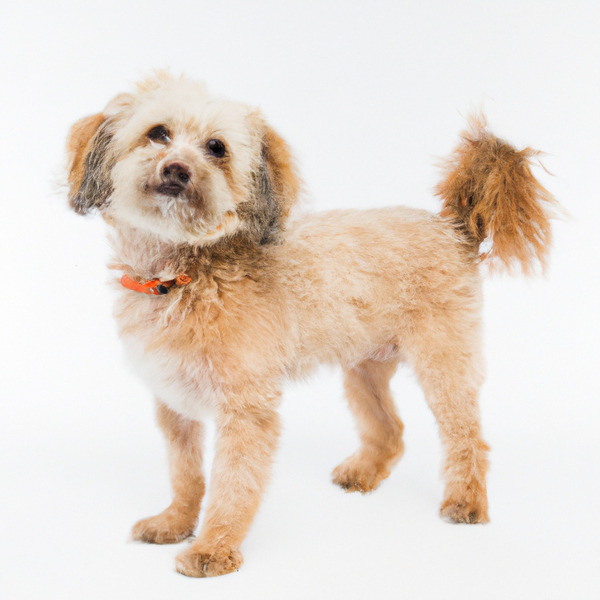
Pomapoo
Cheeks vs Pomapoo
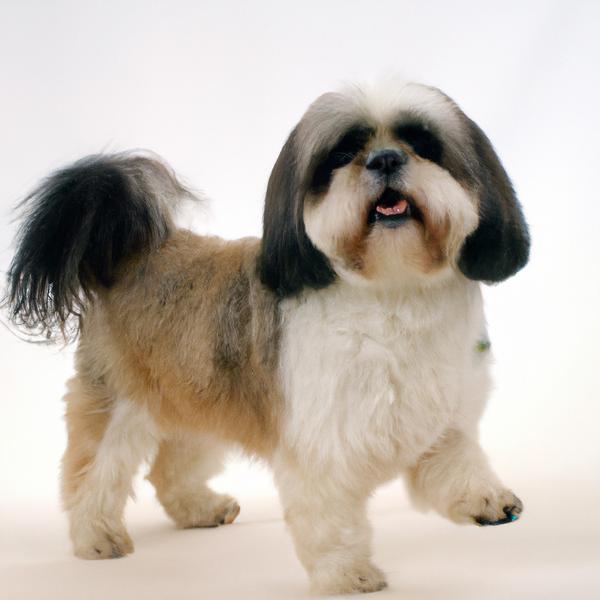
Lhasa Apso
Cheeks vs Lhasa Apso
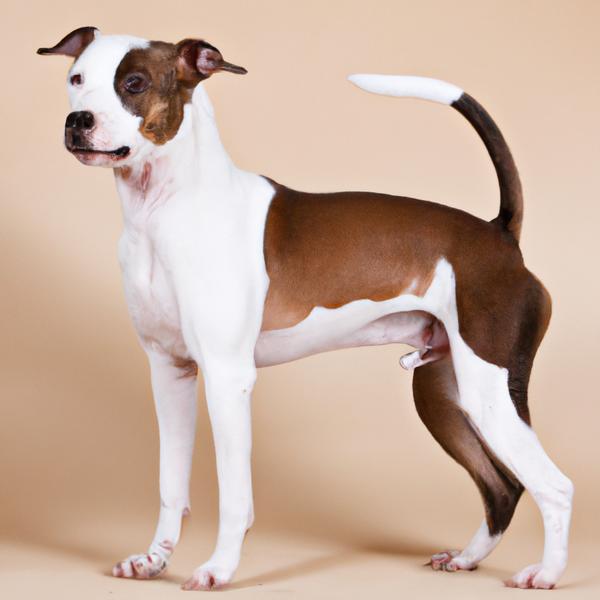
Boxapoint
Cheeks vs Boxapoint

Patterjack
Cheeks vs Patterjack
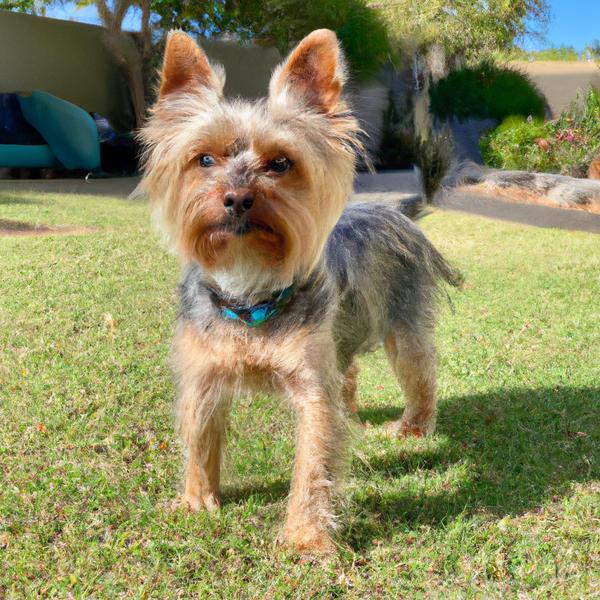
Australian Yorkshire Terrier
Cheeks vs Australian Yorkshire Terrier
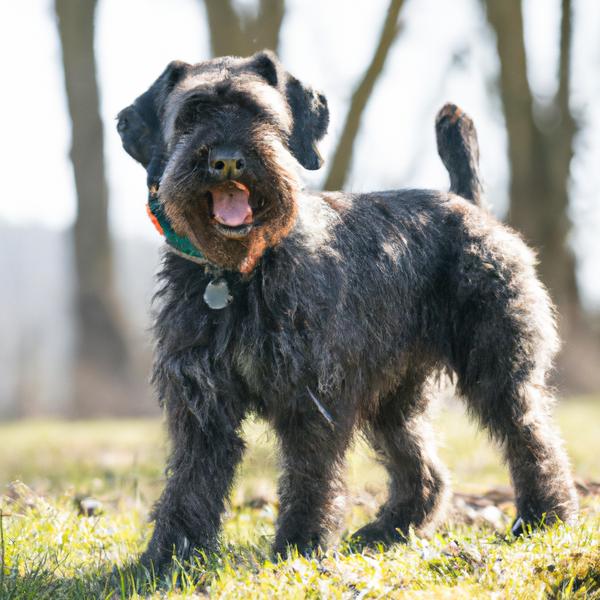
Bolonauzer
Cheeks vs Bolonauzer
